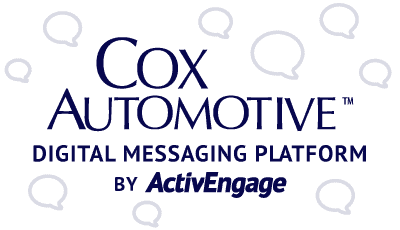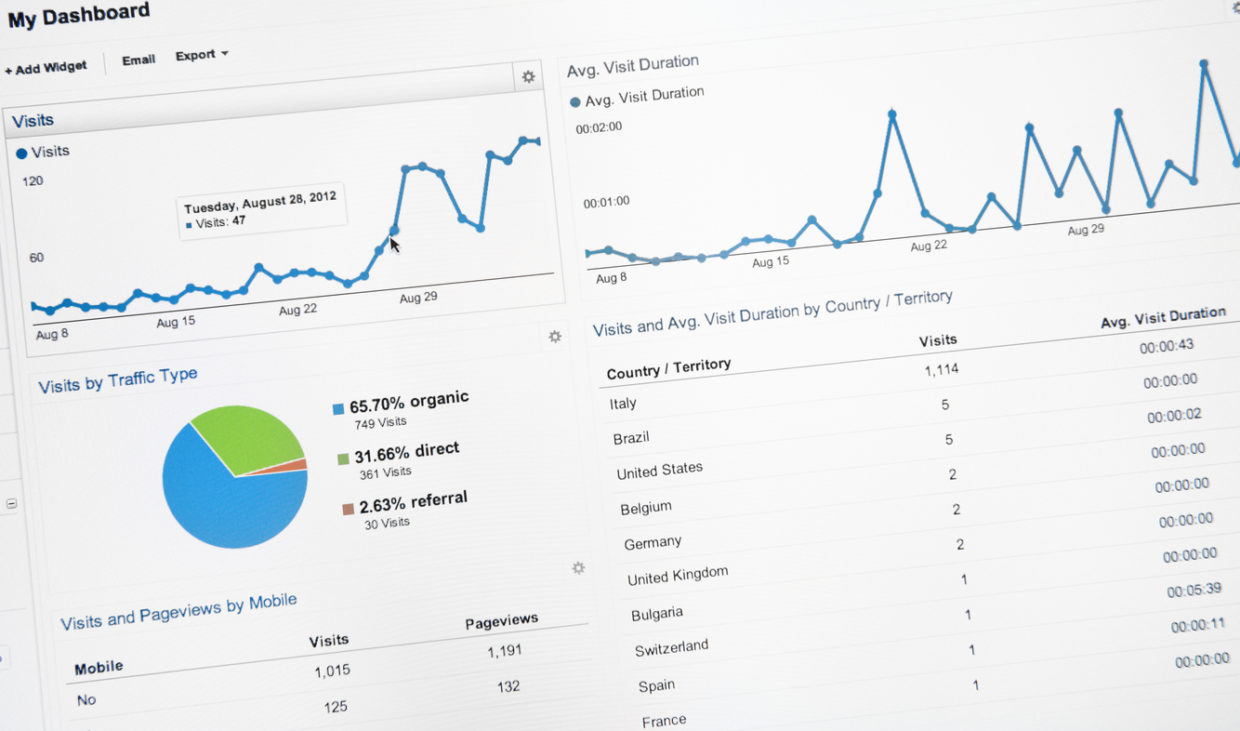Since 2005, Google Analytics has been the most popular and effective web analytics tool that helps businesses analyze and track their digital marketing campaigns – car dealers included.
If you’re reading this, you’ve likely spent countless hours using Google Analytics to track your car dealership's website traffic (or websites, if you're a dealership group), your online car shopper’s consumer behavior, and your Google ads performance (among other things). You might even be aware that the Universal Analytics platform has gone through different iterations and upgrades.
Well, it’s about to happen again!
Come July 1st, 2023, Google’s Universal Analytics (GAU) will stop collecting new website data, meaning Google Analytics 4 (GA4) will be a requirement for the marketing success of your auto dealership.
It’s crucial that you begin to look into the differences now to protect your Google Analytics data and understand new processes before GAU sunsets for good next year. This will set you up for success in your auto dealer analytics goals!
The Time for the Automotive Industry to Switch to Google Analytics 4 is Now
To clarify, GA4 isn’t releasing soon or was released recently; it was released in October 2020. It’s been out for two and a half years at this point, and the deadline is fast approaching to join the automotive industry in implementing this emerging technology.

What’s the Difference Between Google Analytics Universal and Google Analytics 4?
You might be asking yourself, "What's the difference between the current GAU and GA4?" This is an excellent question, and one that has multiple answers.
Here are some of the ways GA4 will differ from the current GAU to keep in mind for the future:
- For starters, GA4 will measure analytics in an event-based sense, rather than tracking based on pages. Events are distinct user interactions on your website or app like loading a page, clicking a link, or completing a purchase, for example.
- What were once called goals are now conversions. Previously, you could only set 20 goals. You can now set a total of 30 conversions on top of the events GA4 will automatically collect for you and the ones you can custom implement based on your business needs.
- Where GAU had no default events, GA4 comes loaded with events baked in. Lead form track, video start and plays, and scrolled pages are just a few examples of how GA4 gives you a better sense of customer behavior and can help you identify smart goals for your car dealership.
How to Migrate to Google Analytics 4
This might seem like a lot to process and implement, but luckily Google makes intuitive tools, and GA4 is no different. The process to transition to GA4 is super easy. But it's important for auto dealerships to make the transition ASAP so you can track and access as much data as possible from GAU.
-
Confirm that your dealership owns your current data analytics account. For any car dealers using third-party marketing agencies, you'll need to request an ownership transfer.
-
A conversion wizard, built into the system, will complete the process when you prompt to migrate and supply your users with a GA4 tracking code.
-
Your dealership must provide the new GA4 tracking code to your website provider for final installation.
Why Auto Dealer Analytics Are Important
Car dealerships are businesses just like any else, and your digital marketing ROI and outreach effectiveness to car buyers needs good data analysis to ensure your smart goals are being met. Analytics can help your sales teams hit their key performance indicators and provide insights that help to inform better sales processes using customer data.
It's a powerful tool that can help a car dealer reach new heights!
Want more proof that utilizing GA4 is extremely important for car dealers? Automotive retail process experts Brian Pasch and George Nenni stress the importance of digital marketing for auto dealers.
Experts on Data Analytics for Car Dealers Weigh In
Brian Pasch, noting that the automotive dealerships industry has historically not done its due diligence in effectively adapting new technologies, has spearheaded the Automotive Standards Council for GA4.
This council is comprised of dealers, vendors, and manufacturers who are "involved in online data analytics and are passionate about creating better interoperability standards." He is a strong proponent of the automotive industry operating as a collective and ensuring overall industry success and business growth.
George Nenni, the founder of Generations Digital, beats a similar drum and stresses the importance of dealerships owning their data and performance analytics. He states, in this Digital Dealer article:
Historical Google Analytics data is important since it allows the dealer to measure the return on investment from their digital marketing campaigns, such as paid Google search, or paid Facebook ads. For a dealership that is paying for search engine optimization (SEO), historical analytics data allows them to track whether the volume of their Google organic search traffic is growing. Without historical tracking data, this becomes an impossible task. Imagine if the dealership lost the last five years of its financial statements, how hard it would be to run the dealership, or compare key metrics year over year? The same rules apply to website analytics."
As you can see, there is a lot here for your auto dealership to consider when thinking about your marketing efforts and sales process, and options with data analytics regarding website traffic, paid search, and the effectiveness of Google ads.
GA4 Benefits Recap
It bears repeating that it's important for dealers to get their marketing team migrated to GA4 as soon as possible. Your sales and marketing teams will benefit from great quality-of-life data analytics upgrades like:
- Better customer journey tracking.
- More events overall that are simpler and intuitive.
- Robust user engagement analysis.
- Easy-to-read, highly visual reporting.
So, auto dealers: get started on migrating to GA4 ASAP! With a rapidly transforming industry and new technology coming out all the time, you can't afford to wait! You can start the process here.
ActivEngage Helps Auto Dealers Get the Most out of Google Analytics 4
ActivEngage works with partners to implement data analytics with their existing tracking systems. We currently support Google Analytics 4, as well as our own system for tracking visits on websites for auto dealerships.
ActivEngage auto-detects all Google Analytics clients on a page when it loads. Any Google Analytics IDs on the page will receive events generated from the ActivEngage platform. Automotive dealers must use the Google Analytics dashboard to see the events generated.
When you partner with us, you get specific insight into how your potential customers are engaging with our tools. (We know a thing or two about how to engage customers, it's in our name!)
Here are just a few examples of what our integration with Google Analytics supports:
- OpenChat
- StartChat
- ChatAnswered
- OpenSms
- StartSms
- LeadSent
These supported events ensure you are seeing exactly how effective our engagement works; and, your dedicated Customer Care support rep can make sure everything is aligning correctly. We track more events due to having a varied suite of engagement tools, but for the sake of example we're showing chat-specific events.
Create More Engagement Events to Analyze with ActivEngage
ActivEngage is a premier automotive live chat/messaging platform that can help you, as a digital dealer, increase website engagement and help make your customers feel heard and appreciated. We elevate the customer experience on your site to better reflect your in store experience!
We accomplish this by offering a variety of highly-effective engagement tools, such as:
- RetailSync. Guide your car shoppers through real-time financing.
- MyDrive. Increase buyer excitement with test drive video.
- ActivTarget. Highly tailored offers deployed based on your website shopper's behavior.









